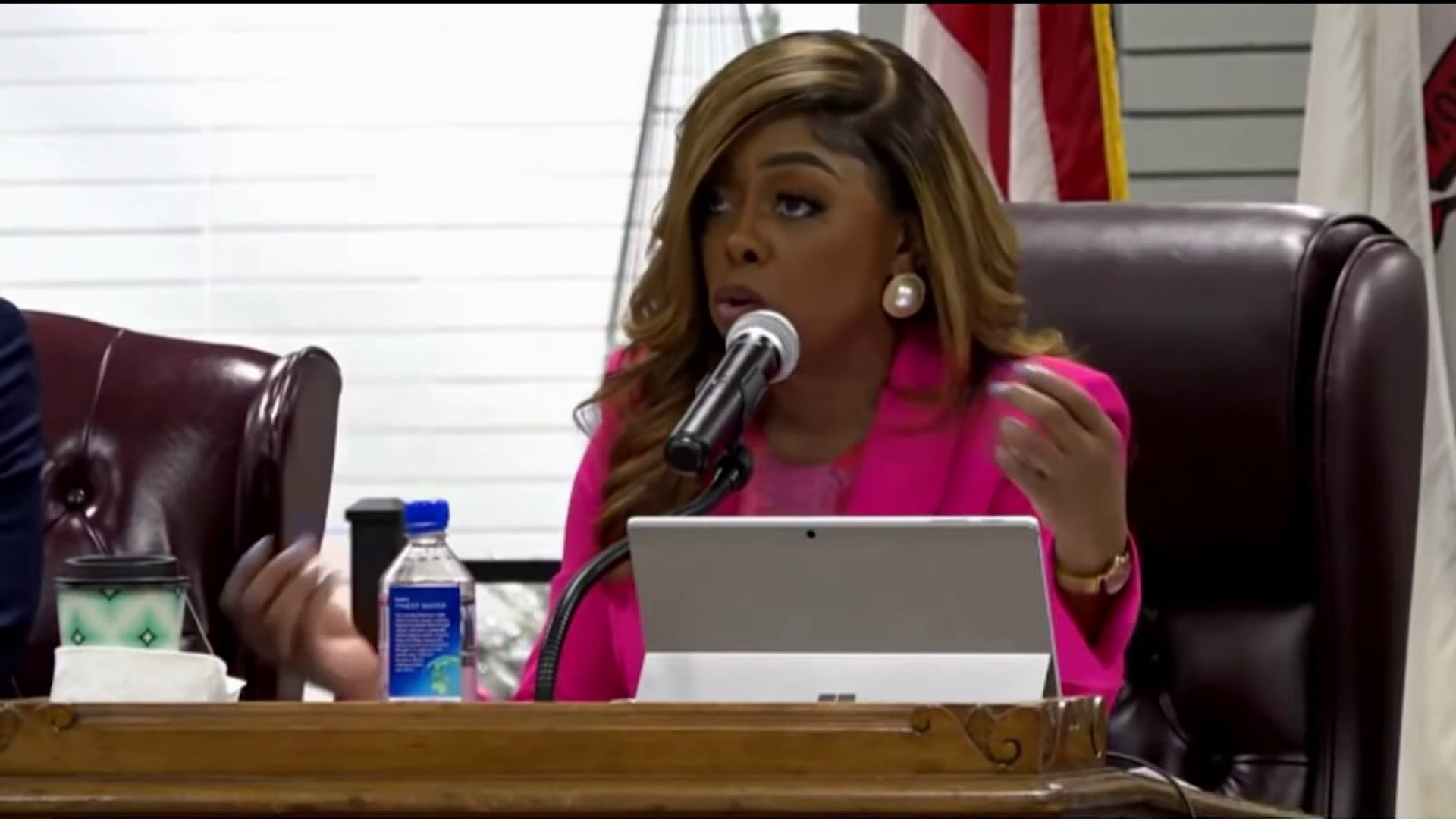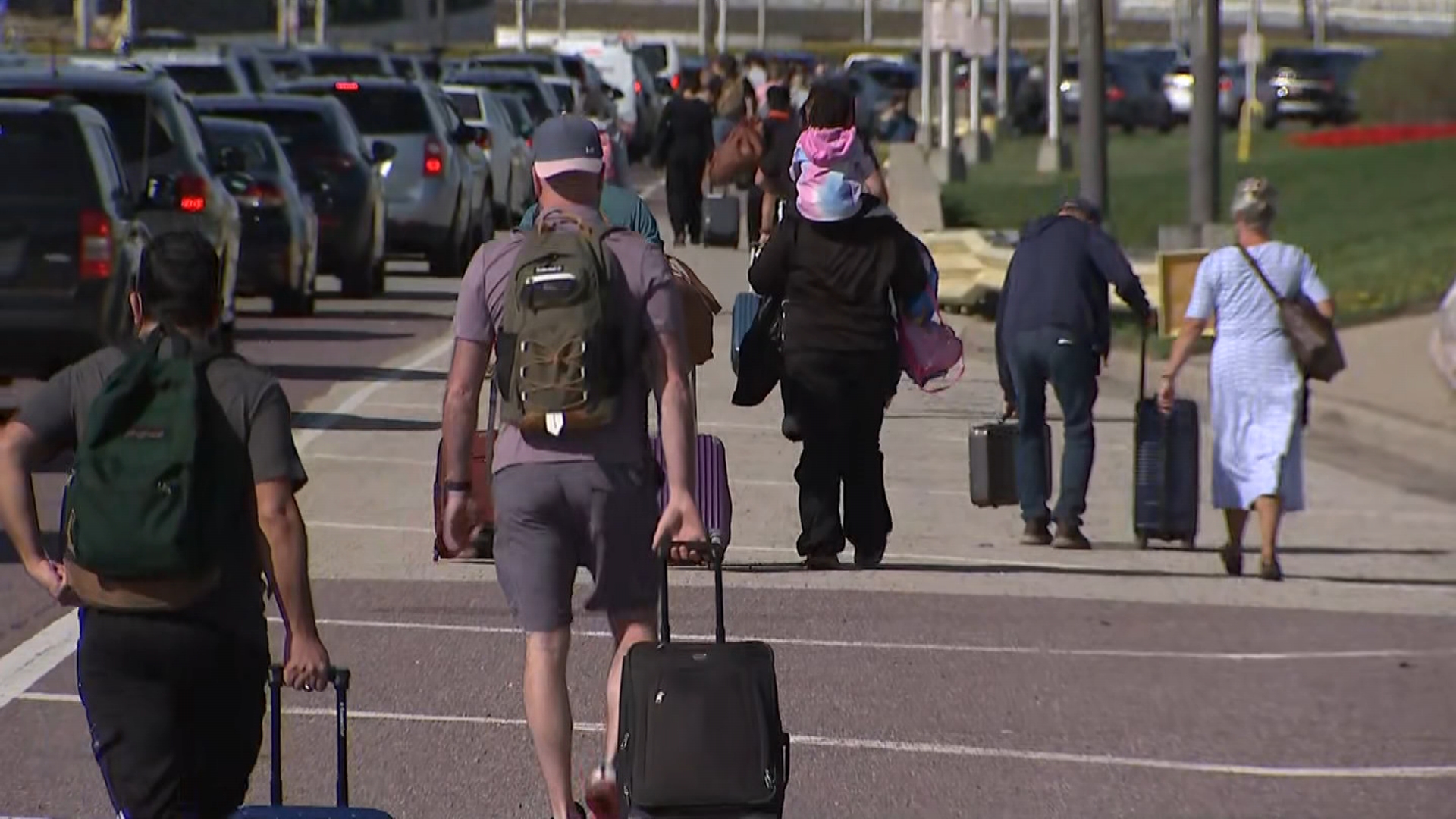ESPN’s Rick Reilly is on board with moving the Cubs out of Lake View. In a column written even before the village of Rosemont offered the team 25 acres near the Tri-State Tollway, Reilly opined that Wrigley Field is preventing the Cubs from winning a World Series -- and costing the team $73 million a year.
Where do I get $73 million? Start from the outside-in -- with the money-sucking rooftop mini-stadiums that metastasize outside the ballpark.
The owners of these annoying watchtowers sell tickets as though they were the Cubs themselves. They even sell season tickets! The city continues to protect these leeches, who pass themselves off as mom and pop entrepreneurs, but actually rake in an estimated $24 million a year, according to the club.
Of that, the Cubs get a paltry 17 percent, or $4 million a year. Any fair deal would give them at least half. (There's $8 million they don't get.)
Inside, the Cubs are prohibited from putting up advertising signs that could make them up to $30 million more a year (that would be $38 million) because the signs would block the views of the precious rooftop oglers and the city can't have that.
Any idea how much more the Cubs could get for a TV package with 55 night games, which is what many teams play and when most fans watch? Me neither, but let's guess $5 million. (We're up to $60 million.)
God forbid they'd want to put up a decent video replay board, which is ad gold for most teams and, by the way, a place where Cubs fans could actually tell the score of the game without having to do the inning-by-inning math themselves, as they do now on the old hand-lettered relic in center. ($7 million? Total so far: $67 million.)
Plus, can you imagine the frogs that would rain down if they tried to sell the name of the stadium? They could never do what the White Sox did, which is to sell Comiskey to U.S. Cellular for $68 million over 20 years. The Cubs could probably get $100 million. There's another $5 million a year. (That's $72 million.)
And forget about how long it takes you to get up and get a hot dog at Wrigley (two innings sometimes), or get to the restroom and back (often three). Hell, by the third inning, the Cubs are on their third reliever. No wonder so many people sneak food in. What's that total in lost concessions? A million? (We're at $73 million.)
Local
Reilly didn’t even mention that the Cubs can’t charge for parking. Still, there is a flaw in Reilly’s argument: He assumes the Cubs would be just as popular, and attract just as many fans, in the sort of pre-fab ballpark Rosemont has offered to build them. They wouldn’t be.
Wrigley Field’s appeal has been 101 years in the making, and is inseparable from its location. Rosemont wants to build a “replica” of Wrigley Field, but Wrigley Field 2013 would not have a view of the lake, it would have a view of planes landing at O’Hare. The new ballpark would not be an integral piece of an urban neighborhood which grew up around it, but a suburban attraction, like a water park, or an outlet mall. No one’s going to road trip from Florida to sit in that.
Wrigley Field’s appeal has been 101 years in the making, and is inseparable from its location. Rosemont wants to build a “replica” of Wrigley Field, but Wrigley Field 2013 would not have a view of the lake, it would have a view of planes landing at O’Hare. The new ballpark would not be an integral piece of an urban neighborhood which grew up around it, but a suburban attraction, like a water park, or an outlet mall. No one’s going to road trip from Florida to sit in that.
The Cubs would have to win to fill such a stadium, but they already fill Wrigley Field when they don’t win, which makes up for the lean years they’d face in Rosemont. Besides, winning might actually make the Cubs less popular. They would no longer be the “lovable losers,” but just another bland, competent baseball team, like the Texas Rangers or the Minnesota Twins. There are Cub fans who consider rooting for the team, lose or lose, a testament to their loyalty.
When the Ricketts family bought the Cubs, they also bought Wrigley Field. This I tell you, brothers, you can’t have one without the other.



